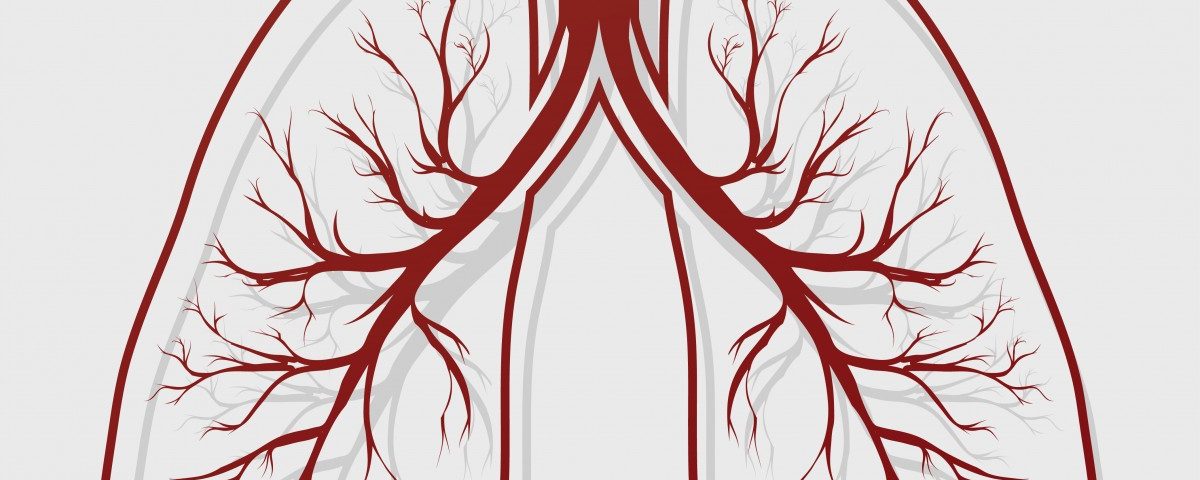The case of a man whose measles infection as a child was linked to his later development of bronchiectasis draws attention to the risk of the bronchiectasis due to fewer vaccinations against measles, a study says.
The case report, “Post-infective bronchiectasis by measles prior infection – A case report,” was published in the journal Respiratory Medicine Case Reports.
Measles has been suggested to cause non-cystic fibrosis bronchiectasis by inducing temporary immunosuppression with secondary bacterial infection, a process believed to increase the risk of subsequent infections for up to three years.
Vaccination and appropriate treatment have decreased the prevalence of post-infectious bronchiectasis. However, anti-vaccination movements have led to the resurgence of preventable diseases, such as measles, in developed countries. In a 2014 outbreak at Disney theme parks, 49 of 110 California residents (45%) were not vaccinated, and 47 (43%) didn’t know if they were vaccinated.
A team at University Hospital Center of Coimbra in Portugal are now reporting the case of a 30-year-old man who went to the emergency room in 2017 for a flare-up of allergic asthma.
A chest X-ray was performed, and suggested the presence of bronchiectasis. A computed tomography scan then showed saccular bronchiectasis — where the dilated bronchi form clusters of cysts — mainly in the lungs’ middle lobe.
After he was discharged, he was sent for a pulmonary consultation where he described chronic infections in childhood with multiple hospitalizations. His routine medication included corticosteroids and bronchodilators, and he was a regular smoker.
Investigation of the patient’s pediatric medical history revealed a three-week hospitalization at age 13 due to post-measles pneumonia, followed by three more hospitalizations due to pneumonia. He also had had laryngotracheobronchitis, or croup, an infectious respiratory disease that causes narrowing of the upper airways.
Results of a sweat test — to measure the concentration of chloride, a common screening tool for cystic fibrosis (CF) — were negative.
Subsequent results of a new sweat test were normal, as were measurements of IgG — the most abundant class of antibodies in humans whose elevated levels have been shown in patients with CF — proteins, human immunodeficiency virus (HIV), hepatitis B and C viruses, and autoimmunity. A functional respiratory screening showed irreversible airway obstruction.
The man had already received antibiotic therapy for Nocardia and Pseudomonas aeruginosa bacterial infections. Physicians proposed thoracic surgery for him due to his repetitive infections, and he is awaiting stabilization to undergo surgery.
“The present case illustrates one of the possible complication of measles — [bronchiectasis], underlining the importance of vaccination,” the researchers concluded.
They also suggest a possible increase in the prevalence of bronchiectasis due to measles outbreaks associated with loss of group immunity.

